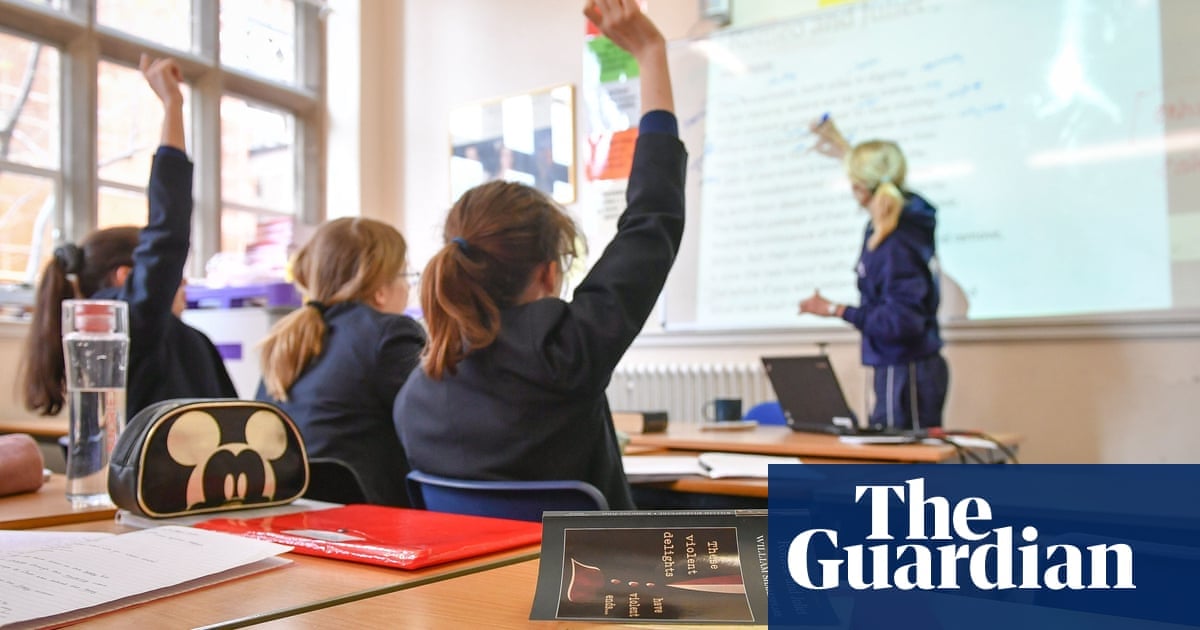Children will be taught how to spot extremist content and misinformation online under planned changes to the school curriculum, the education secretary said.
Bridget Phillipson said she was launching a review of the curriculum in primary and secondary schools to embed critical thinking across multiple subjects and arm children against “putrid conspiracy theories”.
One example may include pupils analysing newspaper articles in English lessons in a way that would help differentiate fabricated stories from true reporting.
In computer lessons, they could be taught how to spot fake news websites by their design, and maths lessons may include analysing statistics in context.



This is great, honestly.
If you go back to antiquity, education was about philosophy. It was about learning how to observe, and think critically, and see the world for what it is.
And then in modern times, education became about memorisation - learning facts and figures and how to do this and that. And that way of teaching and learning just doesn’t fit any longer with what our digital age has become.
In my opinion, we are heavily overdue for a revamp of what education should be, and what skills are most important to society in this post-truth world. Critical thinking is an important foundation to real knowledge that we don’t teach enough.
Well, formal education was. I’m pretty sure ancient
GreeksAthenians still had to be taught to do things like follow instructions, and to read and write (If they were in a social class where literacy was even expected).Of course we should be doing a better job teaching students critical thinking skills, but let’s not fool ourselves into thinking ancient Greek children all spent their days having deep conversations with Aristotle in a park. Plato is even on record against reading because he thought it interfered with students’ ability to memorize things!